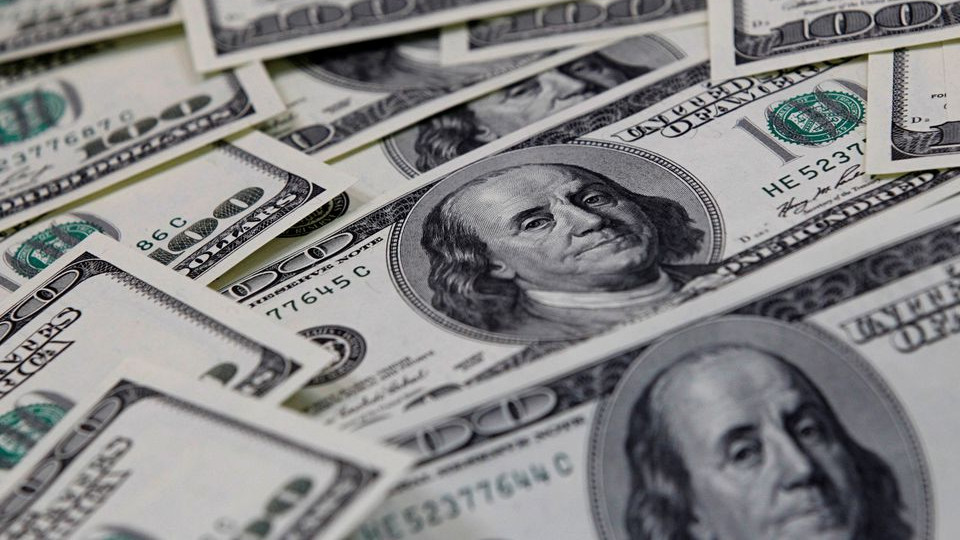Setting up an Uniform Dollar Rate
Summary
Due to several interrelated variables, including increase in imports, increase in international travels, moderate exports and a decline in remittances, the value of US dollar is rising high in Bangladesh which may put an inflationary pressure on Bangladesh.
Content
The exchange rate of dollar has suggested the current state of the economy. The US dollar rate was in a stagnant state. However, it did not stay in a stable state for long and started rising. The US dollar rate has reached to three digits in a span of a month, something which has never happened before.
Moreover, the investor and market players have taken the rising price to cash situation of the US dollar, as an opportunity. Not only the dealer but also some legit money exchange and big banks too.
Finally, Bangladesh Bank has taken an action on 8th September. Bangladesh Bank is trying to force to pull the exchange rate down. The Association of Bankers, Bangladesh (ABB) and the Bangladesh Foreign Exchange Dealers’ Association (Bafeda) held a meeting with Bangladesh Bank governor, Abdur Rouf Talukder in the chair.
In light of the sources said “Banks in the country are currently encashing export proceeds between Tk 99 and Tk102 per dollar, while they are collecting remittances at Tk108-110 per dollar. On the other hand, banks are settling import payments at a rate Tk1 higher than the weighted average of the export proceeds encashment rate and remittance collection rate”.
The two association has reviewed the situations. Selim RF Hussain, chairman of the ABB and managing director of Brac Bank, said that the meeting was held for general information about the market and the Governor of Bangladesh Bank has told ABB and Bafeda to set the dollar rate which they will announce later. He also added that the current instability will not stay for long.
Syed Mahbubur Rahman, managing director of Mutual Trust Bank said, “The foreign exchange market will become stable within a couple of days as all banks are now following the new rates,”. The BB has instructed the banks to fix the interbank dollar price.
The Forex is facing this unpredicted exchange rate situation because of the Russia-Ukraine war has begun as import payments soared. In accordance with banking regulations, lenders are permitted to offer TK 1 less than the interbank rate when purchasing dollars from exporters. They also can add TK 1 to the interbank rate when selling US dollars to importers.
Few banks have sold US dollars at a higher rate whereas, Bangladesh Bank has instructed all the banks. On 8th September, the US dollar price increased by Tk 2 but a day before the letters of credit settlement was up from tk 109. However, the exporters received TK106 from banks in exchange for $1 on Thursday, when they cashed export proceeds, despite the fact the banks had only collected TK 102 from exporters on Wednesday.
Moreover, in order to purchase US dollars, the bank had to pay exchange houses of TK 114 for a US dollar. On Thursday the money exchange bought in TK 113 but sold in TK 114. Later, a money changer in the capital from Motijheel was asked about this issue, his response was, “The price of the dollar is increasing everywhere now. Banks are now settling LCs Tk111-112. In that case, the open market rate will normally be a little higher.”
Therefore, the central bank is pushing dollars into the market on the basis with a view to helping importers clear bills. A meeting held with bankers and foreign exchange dealer where the Central Bank capped the gap between buying and selling of US dollars.
Md Afzal Karim, chairman of Bafeda and managing director of Sonali Bank, said that Bafeda will be taking steps to reduce the US dollar price. The spokesperson of the Bangladesh Bank, Sirajul Islam has told that ABB and Bafeda will fix by determining the Exchange rate of the US dollars for Remittance and encashment. The Central bank will decide the buy and sell on the interbank exchange rate.
Picture and Article Source: The Business Standard, The Daily Star, The Financial Express


Leave a Reply